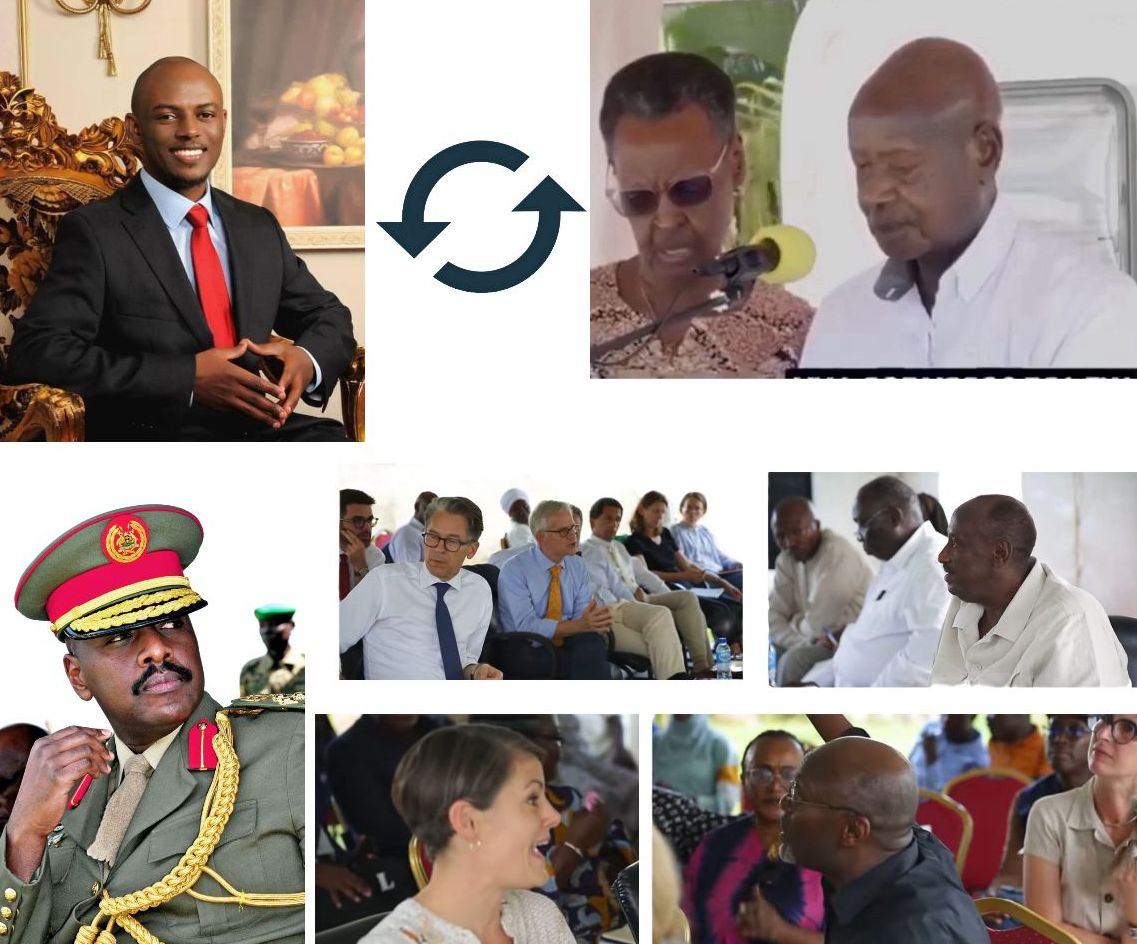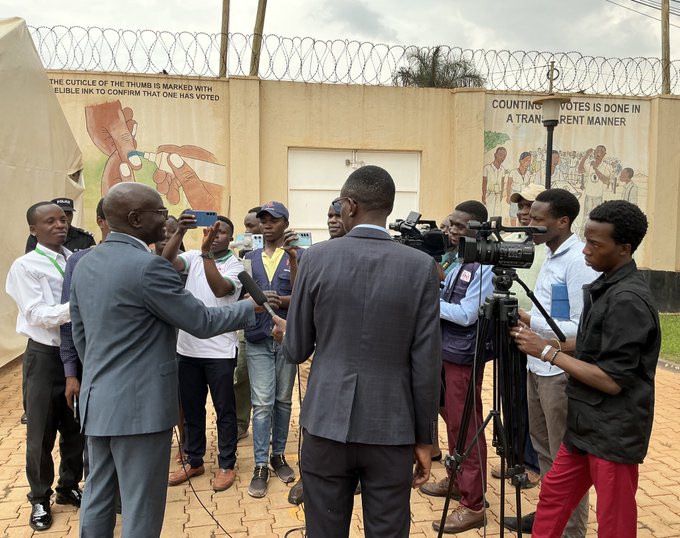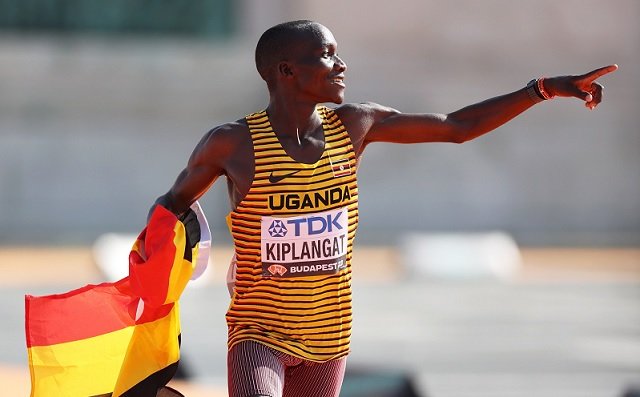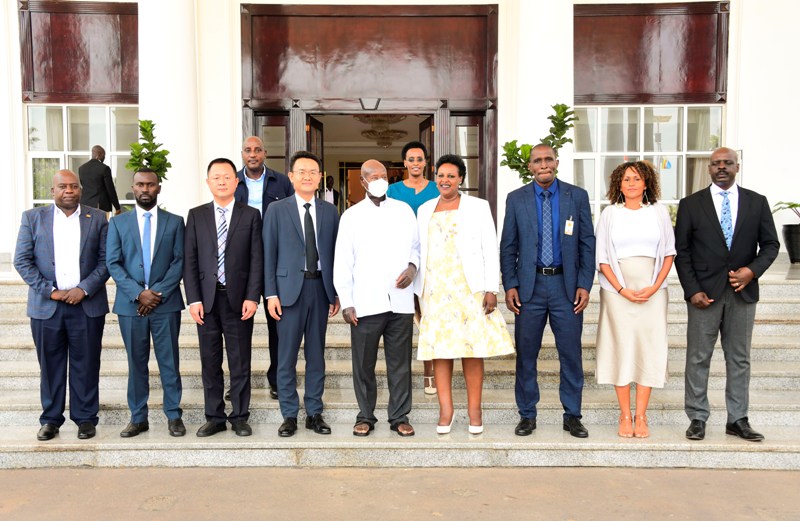Why we cannot accept apology from the Museveni family
The irony isn’t lost on Ugandans: while the regime speaks of repentance, Museveni keeps Muhoozi’s position as Chief of Defence Forces intact and continues to frown upon discussions of succession or transition.

By Dr. Dennis Daniel Ssemugenyi
In a grand scheme of political drama, Uganda has been a stage where the lines between apology and accountability blur like a watercolor painting in the rain. The saga began when General Muhoozi Kainerugaba’s army ventured into the Democratic Republic of Congo, engaging in activities that would later earn Uganda a hefty penalty from the International Criminal Court—1.4 trillion shillings for looting and other horrors. Even as this unfolded, President Yoweri Museveni offered no accountability, treating the matter like an inconvenient footnote in the nation’s history.
Then came the 2021 presidential elections, where at the hands of NRM’s security forces over 50 people were killed in Buganda alone. Museveni’s partiality on these tragedies was as loud as the gunfire that claimed innocent lives. But the echoes of violence didn’t deter Muhoozi, who, in a series of reckless tweets, turned his attention to Uganda’s neighbours, threatening Kenya, Sudan, and even the DRC with boasts that rattled regional peace.
In a rare moment of damage control, Museveni found himself forced to apologize to Kenya, resigning Muhoozi from his post as commander of land forces. Only to promote him to the rank of CDF as if to mock and bombshell us all into stupefaction in his game of political deceptions.
Yet, the apology tour was far from over. Muhoozi’s erratic behaviour escalated. He turned his Twitter feed into a personal circus—mocking Uganda’s Parliament as clowns, playing flirtatious jokes on the Italian Prime Minister and Beyoncé Knowles, and threatening to seize power, declaring that the army under his command would never allow civilians to rule.
As if that wasn’t enough, he lashed out at Supreme Court judges for daring to halt the military trial of civilians.
Then the horror took a darker turn. Muhoozi allegedly began abducting citizens, the likes of Edward Sebuufu (aka Eddie Mutwe), subjecting them to inhumane treatment in his basement and gleefully sharing gruesome images of the victims on his Twitter, claiming he was teaching them his mother tongue. His menacing tweets grew even bolder, attacking and threatening to deport EU diplomats for questioning the regime’s human rights abuses.
The international outcry forced Museveni’s brother, General Salim Saleh (Caleb Akandwanaho), to step in, apologizing to EU delegates in a heated meeting where Muhoozi’s ostensible Patriotic League of Uganda (PLU) loyalists and regime apologists declared themselves the sole architects of Uganda’s fate—never mind their 40-year stranglehold on power. A day later, the regime absurdly accused the German Ambassador to Uganda of subversive activities, apparently due to his role in exposing these abuses.
Adding fuel to the fire of political unrest was the recent passage of the controversial UPDF Amendment Act, pushed through Parliament with an unsettling speed and quiet cynicism. This law not only resurrected the military’s power to try civilians—directly flouting the Supreme Court’s clear ruling—but also declared various attire items, such as red berets, official shoes, and even Kaunda suits, as exclusive military property. The implications are chilling: a systematic silencing of dissent under the guise of national security. Many in the opposition see this as a brazen attempt to criminalize political expression and to fortify the regime’s arsenal of intimidation against those who dare to challenge the status quo. Coupled with the persistent violence and the 2021 election bloodshed, this amendment signals a government ever more willing to choke the democratic space, while its supporters revel in the unchecked power they wield.
As if this political theatre wasn’t enough, Museveni and First Lady Janet Museveni delivered another round of apologies at their daughter’s religious crusade. The irony isn’t lost on Ugandans: while the regime speaks of repentance, Museveni keeps Muhoozi’s position as Chief of Defence Forces intact and continues to frown upon discussions of succession or transition.
Through all these events, the apologies pour out like sugar syrup, sweet on the tongue but hollow at the core. For the people of Uganda—especially those who watched their loved ones perish in 2021 and the countless abducted in Muhoozi’s basement—the apologies were accepted, yes, but forgiveness remains a distant horizon.
It’s hard to forgive when the very perpetrators of violence and impunity remain in power, insulated by titles and protected by an army that seems more loyal to bloodlines than to the constitution.
And so, as the final curtain falls on this chapter of Uganda’s turbulent story, one truth stands clear: an apology is no substitute for real change. While the political orchestra plays on, the people of Uganda—resilient, steadfast—await a transition that is real, not rhetorical. They know that apologies, when not matched by accountability, are like whispered promises in the wind—quick to fade, but never to be forgotten.
Dr. Dennis Daniel Ssemugenyi is a Political Analyst & Author







